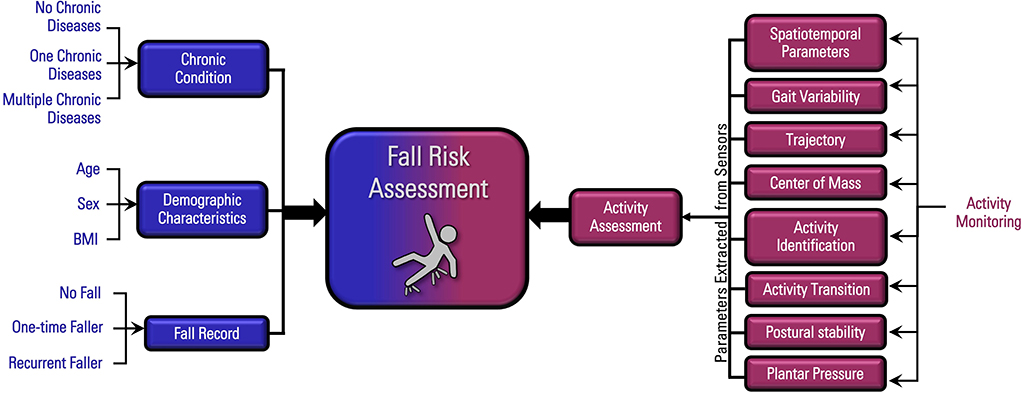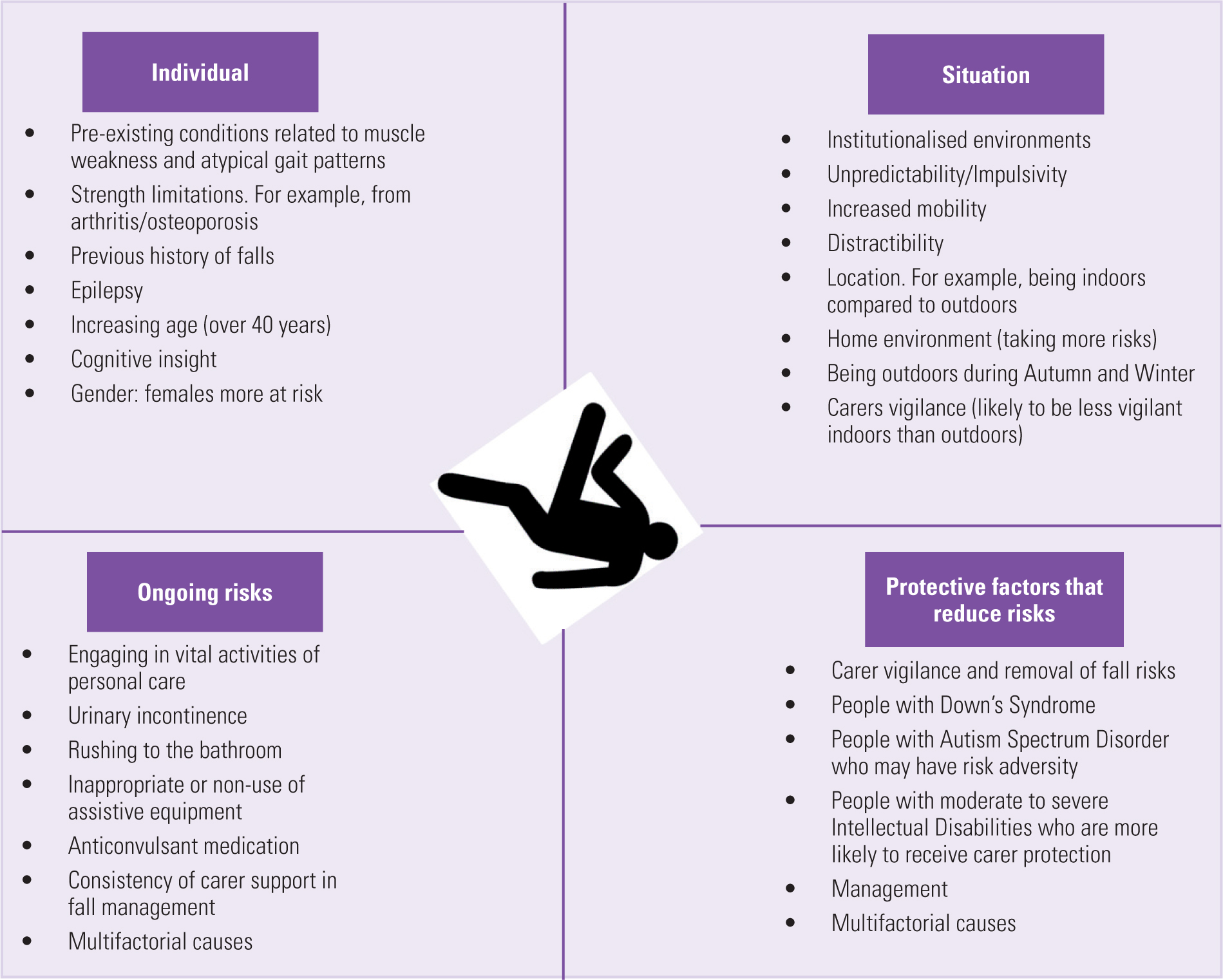The Definitive Guide for Dementia Fall Risk
Wiki Article
Dementia Fall Risk for Dummies
Table of ContentsGetting The Dementia Fall Risk To WorkNot known Details About Dementia Fall Risk The smart Trick of Dementia Fall Risk That Nobody is DiscussingAn Unbiased View of Dementia Fall RiskDementia Fall Risk Fundamentals Explained
The FRAT has 3 sections: fall threat standing, threat aspect checklist, and activity plan. A Fall Threat Condition consists of data regarding history of recent drops, medicines, emotional and cognitive standing of the client - Dementia Fall Risk.If the client ratings on a threat element, the equivalent number of factors are counted to the person's autumn danger rating in the box to the far. If a client's loss risk score completes five or greater, the individual is at high danger for drops. If the person ratings just 4 points or reduced, they are still at some risk of dropping, and the registered nurse ought to use their best scientific evaluation to manage all fall threat aspects as component of an all natural treatment strategy.
These common methods, in general, assist establish a safe environment that lowers unintentional drops and marks core precautionary measures for all clients. Indications are crucial for clients at risk for drops.
The Definitive Guide for Dementia Fall Risk
Wristbands should consist of the person's last and first name, day of birth, and NHS number in the UK. Just red shade ought to be made use of to signal special patient status.
Items that are as well much might need the individual to reach out or ambulate unnecessarily and can potentially be a risk or add to drops. Assists stop the person from going out of bed without any type of assistance. Nurses react to fallers' phone call lights quicker than they do to lights started by non-fallers.
Visual impairment can substantially cause drops. Hip pads, when worn properly, may reduce a hip fracture when fall occurs. Keeping the beds closer to the floor lowers the threat of drops and significant injury. Placing the bed mattress on the flooring significantly reduces loss risk in some medical care settings. Reduced beds are created to minimize the distance an individual falls after relocating out of bed.
What Does Dementia Fall Risk Do?
People that are tall and with weak leg muscular tissues who try to remain on the bed from a standing placement are most likely to drop onto the bed because it's also low for them to reduce themselves safely. If a high person attempts to get up Recommended Site from a reduced bed without aid, the individual is likely to drop back down onto the bed or miss the bed and drop onto the floor.They're made to advertise prompt rescue, not to prevent drops from bed. Apart from bed alarms, enhanced guidance for high-risk patients likewise might assist stop falls.

Clients with an evasion stride rise autumn possibilities substantially. To minimize loss threat, shoes need to be with a little to no heel, slim soles with slip-resistant tread, and support the ankle joints.
The Main Principles Of Dementia Fall Risk
In a research, homes with sufficient lighting record fewer falls (Ramulu et al., 2021). Renovation in lighting at home may minimize fall prices in older adults.
Caretakers are effective for guaranteeing a safe, secured, and secure setting. Research studies showed very low-certainty proof that caretakers decrease loss danger in acute treatment medical facilities and only moderate-certainty that alternatives like video clip tracking can reduce caretaker use without raising autumn threat, suggesting that caretakers are not as beneficial as at first thought (Greely et al., 2020).
The Ultimate Guide To Dementia Fall Risk

Raised physical fitness decreases the risk for falls and limits injury that is suffered when autumn takes place. Land and water-based workout programs might be likewise valuable on equilibrium and stride and thereby lower the danger for drops. Water exercise might add a positive advantage on balance and stride for ladies 65 years and older.
Chair Rise Workout is an easy sit-to-stand exercise that aids enhance the muscles in the thighs and butts and boosts mobility and independence. The objective is to do Chair Increase exercises without using hands as the client becomes stronger. See sources area for a comprehensive direction on exactly how to do Chair Rise exercise.
Report this wiki page